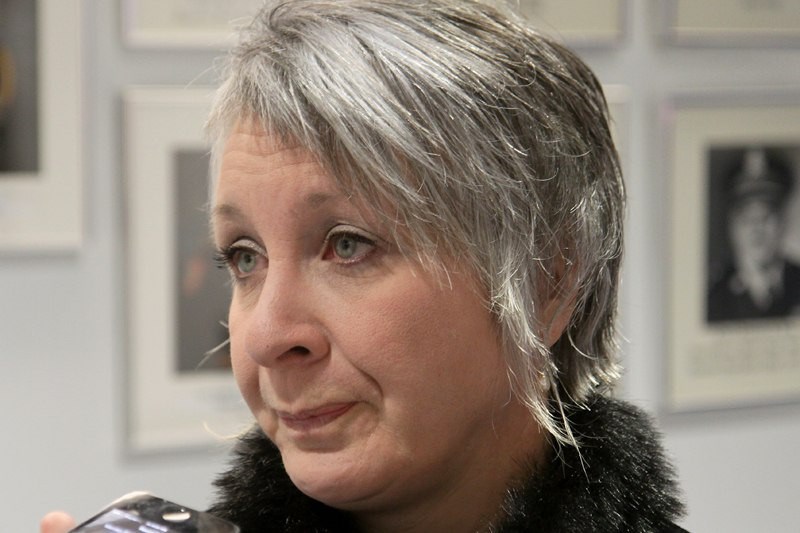It has only taken a month for Shelter House’s cold weather project to show its effectiveness.
The cold weather pilot project designed to get homeless and intoxicated people out of the elements has been busier than imagined, according to Shelter House executive director Patty Hajdu.
“We find the demand exceeds our expectations,” Hajdu said following a presentation at Tuesday’s police service board meeting.
“At the beginning there might have been a few periods during the day where they didn’t have calls but now they find their phone is ringing constantly.”
The program has a two-person team available for 12 hours to respond to non-violent calls that do not warrant police or emergency response intervention and then transport clients to a shelter.
As of Jan. 14, the outreach team had received 226 calls for service and provided 182 instances of transportation since beginning on Dec. 27. They are busiest between the hours of 8 p.m. and 2 a.m.
All of these transportation services help alleviate pressures from an over-worked police and emergency response system.
Thunder Bay Police Service chief J.P. Levesque told the board the program is tangibly reducing public intoxication incidents for police.
Hajdu expects the final numbers from the pilot project, which is scheduled to end in April, will prove the value it has to aid outreach and addiction treatments.
“I think people are going to be amazed when they see the numbers we’re able to divert from police transportation, from EMS transportation and just the support we provide to all the other providers in the community,” Hajdu said.
One of the pillars of the project was an increased collaboration between Shelter House and the Salvation Army, where sober men over 18 at the Shelter House are transported to the Salvation Army to maximize available beds.
The Shelter House is also providing a short-term sobering up service.
The results of the program are to be presented to city council in June but Hajdu already believes the numbers will show that it should run year-round. However, she said there has to be some additional money to do that.
Members of the board asked Hajdu about seeking support by way of health dollars but said Shelter House and the outreach program is not formally considered a health care provider.
She added that the thought of continuing the program without increased funding “terrified” her as an executive director.
